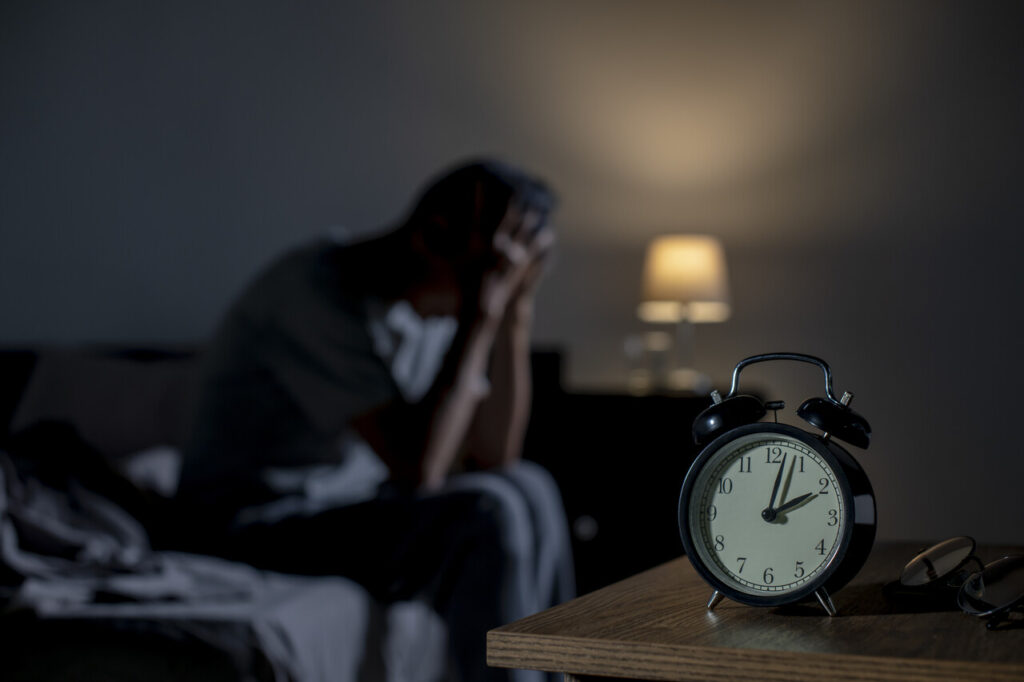The Complex Link Between Sleep and Depression — And How to Begin Healing at Keta Medical Center
Depression is more than just a low mood—it’s a deeply rooted illness that affects many areas of life, including sleep. For individuals struggling with depression, sleep disturbances can be both a symptom and a contributing factor, creating a vicious cycle that can be difficult to break. Understanding the close connection between sleep and depression is the first step toward healing. For many patients—especially those with treatment-resistant depression—this insight helps illuminate why traditional treatments might fall short, and how alternatives like physician-led ketamine therapy can offer hope and reliefWhat Is Depression and How Does It Affect Sleep?
Depression is a mood disorder, not a temporary dip in emotions. It involves persistent sadness, a loss of interest in activities, difficulty concentrating, changes in sleep and appetite and a range of other physical and emotional symptoms that disrupt everyday life. According to the World Health Organization (WHO), depression is one of the leading causes of disability worldwide, affecting over 20% of U.S. adults at some point in their lives.The Bidirectional Relationship Between Sleep and Depression
Sleep and depression are closely connected—each one can influence and worsen the other. Sleep problems are a common symptom of depression, whether it’s insomnia or sleeping excessively. At the same time, chronic sleep deprivation can lead to depression by altering brain chemistry and reducing the brain’s ability to regulate emotions. Breaking this cycle is key to recovery.How Depression Disrupts Sleep Patterns
People with depression often experience:- Insomnia: Difficulty falling or staying asleep
- Hypersomnia: Excessive sleep that doesn’t result in feeling rested
- Less REM sleep: Disruption to REM sleep can impair emotional regulation, memory, and focus
Why Sleep Disturbances Make Depression Worse
Lack of sleep can make depression worse by impairing your brain’s ability to process emotions, regulate mood, make decisions, and cope with stress. When sleep is disrupted, the brain can’t perform its overnight “reset,” leading to increased emotional instability, irritability, and fatigue during the day.Tips to Improve Sleep When You’re Depressed
Improving sleep can be a powerful tool in managing depression—but we also understand that when you're feeling mentally and physically exhausted, even basic changes can feel overwhelming. Still, small steps can make a difference:- Keep a Consistent Sleep Schedule - Wake up and go to bed at the same time every day—yes, even on weekends.
- Get Morning Light Exposure - Try to get 10–15 minutes of sunlight in the first two hours after waking up.
- Use Your Bed Only for Sleep - Avoid working, scrolling, or watching TV in bed. Train your brain to associate your bed with sleep.
- Establish a Wind-Down Routine - Gentle yoga, a warm shower, journaling, or light reading can help ease your mind before bed.
- Limit Naps - Keep naps short (<20 minutes), and avoid napping after 2 p.m.
- Watch What You Consume - Avoid caffeine, alcohol, and nicotine in the hours leading up to bedtime.
- Dim the Lights - Bright lights suppress melatonin production. Begin dimming lights and avoiding screens an hour before bedtime.




